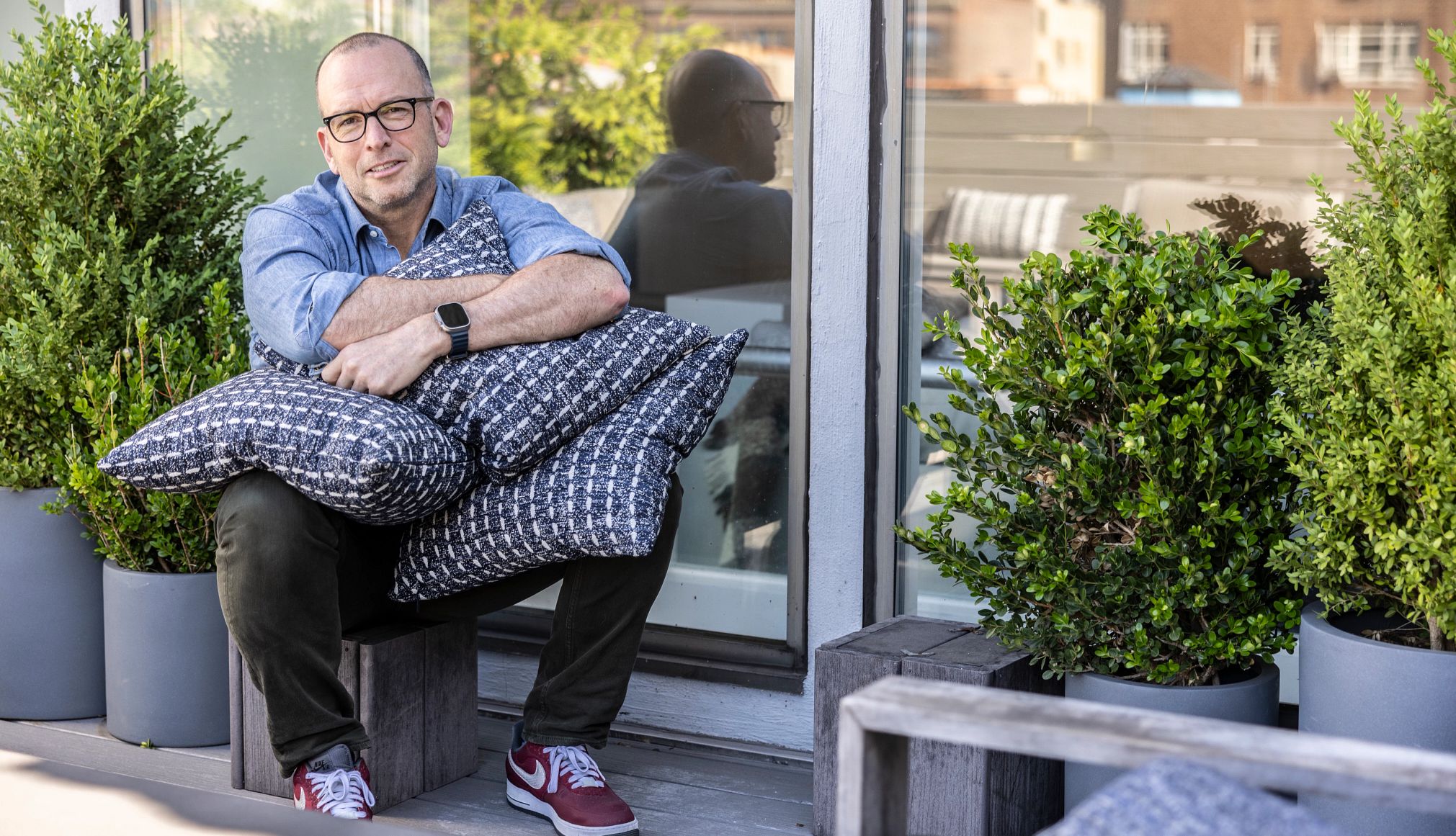
My biggest retirement mistake: not having a plan | members only
- Select a language for the TTS:
- UK English Female
- UK English Male
- US English Female
- US English Male
- Australian Female
- Australian Male
- Language selected: (auto detect) - EN
Play all audios:

When Paul Ollinger retired in 2011, he knew money wouldn’t be an issue. He’d been one of the first 250 employees at Facebook and left as a vice president of sales for the Western U.S.
Selling his company stock meant that at age 42, he had the financial freedom to pursue his next act. He just hadn’t given much thought to what that would be. Like many retirees, Ollinger
initially focused on traveling and spending more time with his family. The realization arrived a few months in. “One day, after dropping my kids off at school, I came back to my [home]
office, opened my laptop, and there were no messages there,” he recalls. “I realized I wasn’t up to anything, I wasn’t a part of anything, and I felt very adrift.” Seeking to regain his
sense of belonging and importance, Ollinger returned to the tech world, accepting an offer to become president of a small social media software company. “The easiest way to have an identity
is to get a job doing what you’ve always done,” says Ollinger, now 56. “It’s a perfectly acceptable, respectable way to spend your time — but it’s safe, and it’s not really what you want to
do.” He quit a little over a year later. But what, really, did he want to do? He remembered some posters he’d seen around the Facebook office that read, “What would you do if you weren’t
afraid?” The answer, for Ollinger, was stand-up comedy. EVENINGS AT THE IMPROV Though he’d made his career in media and tech starting in the late 1990s, Ollinger’s heart had been in comedy
ever since he was a kid in Atlanta in the late 1970s, discovering Steve Martin and George Carlin records. “It blew my mind,” he says. “When I heard Dennis Miller’s comedy in the late ’80s,
early ’90s, I felt as if he was talking directly to me.” _WHAT’S YOUR BIGGEST RETIREMENT MISTAKE?_ _Retirement isn’t just about leaving a job. It's about changing your life — your
routine, your budget, your priorities, where you live. It's decision after decision, and you don't always make the right one. Is there something you wish you’d done differently?_
_AARP Members Edition wants to hear about your retirement regrets. A mistimed exit from the office? A move to the wrong place? A relationship you gave up? Spending too much, or too little?
Share your story at [email protected] and we might feature it in this series._ But ambitions of pursuing a comedy career ran up against fear that he wouldn’t be able to make a living or
provide for a family. Growing up with parents shaped by the Depression, that fear loomed large. They were thrifty (Ollinger says that when he got his first filling at age 12, his dad told
him to forgo the Novocain because it added $20 to the bill) and steeped in the ideal of stability: “You go to college, you get a job, you work for 40 years, then you retire, and you die.”
Comedy wasn’t stable. Still, Ollinger gave it a shot. In the mid-2000s, after leaving a job at Yahoo, he went to work as a host at the Improv in Irvine, California, part of the famed comedy
club franchise. Along with introducing the headliners, he got to perform for 10 or 15 minutes a night. “They gave me this great opportunity, and I hosted for Norm Macdonald, Kevin Nealon and
other big names,” Ollinger says. But after two years, he was worried he’d never make it as a comic — not one who had “a steady paycheck that paid for at least half the food and mortgage.”
One night at the club, Ollinger says, the late stand-up comic Ralphie May gave him some advice: “ ‘You’ll start to get the hang of it in eight years.’ And here I was, coming from the digital
media world, [where] I was making real money,” says Ollinger. “Years of that income is millions of dollars. So I went back to the corporate world.”
